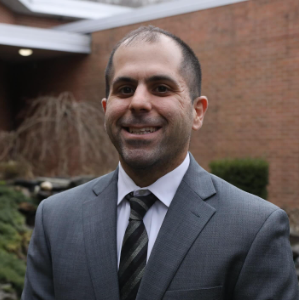Celebrating Ramadan

A large group of students here at Walt Whitman have started to fast for a month called Ramadan. Ramadan is a holy month for Muslims, for which they fast for 30 days, from sunrise to sunset. The start and end of Ramadan is determined by the sighting of the new moon, which can vary from region to region. Many Whitman students think that Ramadan is strictly fasting, which couldn’t be further from the truth. One student even said, “all I know is that they fast for a month straight.” Yes, for around 14 hours, Muslims don’t eat or drink anything (even water), but they are also encouraged to avoid negative thoughts, actions, and behaviors. If one misses a fast, they will have to make it up after the month ends. However, some individuals can be exempt from fasting, such as young children, the elderly, those who are physically or mentally incapable of fasting, pregnant women, and travelers.
According to Muslim students here at Whitman, trying to balance religion and academics can be particularly difficult. One student said that “It’s really hard, like going home after fasting the whole day and trying to do homework and stuff.” Many other students stated that one of the biggest challenges of Ramadan is getting enough sleep. Between staying up late praying and waking up early to eat, going to school ready to learn is hard. Although it is challenging, fasting is used as a means to unite families, promote generosity, and overall open the heart and strengthen their religion. Everyone is brought together to enjoy a blessed month, regardless of their age, health, or status. The month culminates with a holiday called Eid-ul-Fitr, where families celebrate the end of the fast. Overall, Ramadan is a time of spiritual renewal, community, and compassion, and it is an important pillar of Islam. I challenge Whitman students to continue learning more about the Islamic holy month, and even to try fasting to see what it’s all about.







